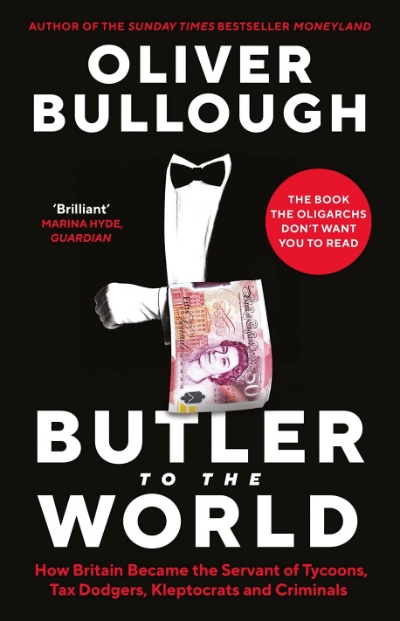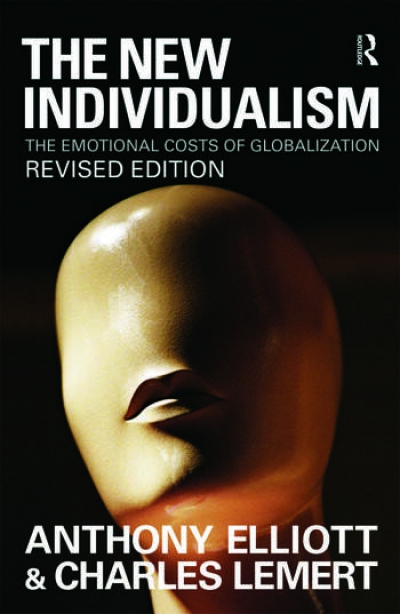Globalisation
Butler to the World: How Britain became the servant of tycoons, tax dodgers, kleptocrats and criminals by Oliver Bullough
by Kieran Pender •
The Cosmopolitan Vision by Ulrich Beck, translated by Ciaran Cronin & Power in the Global Age by Ulrich Beck, translated by Kathleen Cross
by Anthony Elliott •
The New Individualism: The emotional costs of globalisation by Anthony Elliot and Charles Lemert
by Sean Scalmer •




